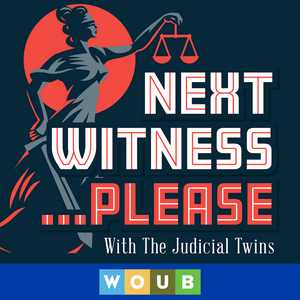One often hears the term “sentencing guidelines” when following a federal criminal case. But what are they and how do they work?
The guidelines are for federal judges to use in sentencing defendants convicted of federal crimes so there is some consistency from court to court across the country, says John R. Mitchell, award-winning attorney in the Taft Law Firm’s Compliance, Investigations, White-Collar Defense and Commercial litigation practices.
The guidelines are established by the U.S. Sentencing Commission consisting of lawyers, judges, and legal scholars. The guidelines also are reviewed periodically by the commission to see if any of the guidelines need to be changed.
The guidelines are intended to provide fairness and consistency, to reduce disparities by preventing arbitrary or biased sentencing, to provide transparency for the public, and to give judges some structure in fashioning the right sentence.
The guidelines originally were mandatory but since 1987 they have become advisory to judges. This flexibility allows judges some discretion in sentencing convicted individuals.
Attorney Mitchell explains, in depth, on this edition of Next Witness…Please the key components of the guidelines. A judge must first consider the seriousness of the offense considering the nature of the crime, whether a weapon was used, and the harm to the victim.
Secondly, a judge must consider the defendant’s criminal history – whether the defendant has a past criminal record.
Finally, a judge must look at a Sentencing Table or Sentencing Grid. This table takes into consideration the offense level and the criminal history of the defendant to arrive at a recommended sentence of prison, fines, or probation.
The use of sentencing guidelines by the prosecution and the defense, often creates incentives for a negotiated guilty plea in a matter – with sentencing recommendations to the judge. That often avoids a trial Mitchell says.
Some states have sentencing guidelines for state crimes but not all.


